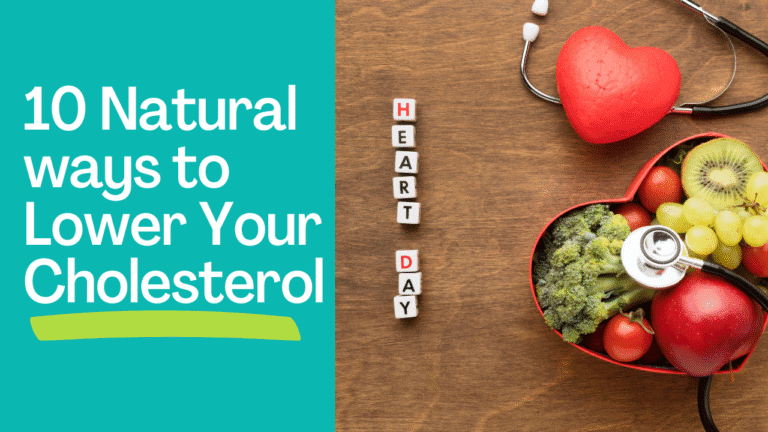
Introduction:
Water is essential for the function of every cell and system in your body. Many people unknowingly experience minor dehydration symptoms that impede everyday performance and long-term health even though it is quite important. Then, how do you find out when it’s time to grab a glass of water? Here are the top ten indications your body requires more water together with practical advice on how to keep hydrated during the day.
1. Regular Headaches:
Frequent headaches are among the first indications that you have to consume more water. The brain shrinks momentarily from fluid loss brought on by dehydration, activating pain receptors. Before grabbing painkillers, try drinking water if you experience dull or throbbing headaches that get progressively worse during the day.
2. Chapped Lips and Dry Skin:
Does dehydration come from dry skin? Certainly. Your skin is your biggest organ, and to keep it soft, elastic, and radiant it needs adequate hydration. Your body shunts water away from the skin to help important organs when you are dehydrated. One of the physical symptoms of dehydration might be your skin’s dull, flaky appearance or your lips’ continuous cracking.
3. Exhaustion and Weak Energy:
For cellular energy generation, water is essential. Sluggish for no reason? Your water consumption should be examined before you accuse your sleep schedule.
4. Dark yellow urine:
Observing urine color is one of the simplest techniques to recognize symptoms of water shortage in the body. Darker hues may imply you’re not getting enough while pale yellow urine denotes excellent hydration. In extreme situations, urine may be brown or amber—an urgent warning to rehydrate.
5. Joint Pain and Muscle Cramps:
Water lubricates your joints and muscles. Your body finds it difficult to control muscle function and temperature without enough fluid, which causes cramps or spasms. Dehydration can also make joint stiffness worse, especially during or following workout.
6. Lightheadedness and Dizziness:
Dehydration causes alterations in your blood pressure, blood flow, and electrolyte levels. Particularly when standing up abruptly, these imbalances could lead to dizziness or feeling faint. Regular symptoms call for an assessment of your body weight, activity level, and environment to determine how much water I should consume daily.
7. Dry mouth and bad breath:
Saliva aids in bacterial flushing in your mouth. Dehydration lowers saliva production, which causes sticky, dry sensations and poor breath. Should your teeth brushing not improve anything, you could be exhibiting an early indicator of Dehydration Symptoms.
8. Growing Sugar Cravings:
Dehydration can disrupt the body’s signals, causing you to believe you are hungry—especially for sweets. Try drinking a glass of water if you want sugar even when you have eaten lately. The liver also needs water to liberate glycogen for energy, which might explain your hunger.
9. Hard stools or constipation:
Keeping your digestive system working well depends mostly on water. The colon draws water from stools when there is insufficient fluid, therefore rendering them dry and difficult to pass. A somewhat lesser known but frequent sign of adult dehydration is constipation.
10. Rapid heartbeats or palpitations:
When you’re dehydrated, your heart works tougher. Smaller blood volume causes your heart to pump more rapidly to distribute blood. Should you have a racing heartbeat among other signs you need to drink more water, dehydration may help steady your rhythm.
What Happens If You Don’t Drink Enough Water?
Ignoring physical indicators of dehydration might cause further severe problems including kidney stones, urinary tract infections, heatstroke, or chronic fatigue.
Therefore, should you not consume enough water, you run the risk of harming your health, lowering physical performance, affecting concentration, and weakening your immune system.
Daily Water Consumption: How Much?
Though there is no one-size-fits-all rule, a regular recommendation is eight glasses (2 liters) of water daily. But this is influenced by weight, degree of activity, weather, and health issues.
Track your consumption, bring a recyclable bottle, consume water-rich foods (including watermelon and cucumbers), and arrange reminders to sip often to help you to change your behavior.
How to Keep Hydrated All Day Long?
Here are some simple routines you might develop:
Everywhere carry a refillable water bottle.
Flavor water with fruits or herbs.
Set hourly reminders or use hydration apps.
Consume foods high in water like lettuce, strawberries, oranges, and cucumbers
Conclusion: Listen to Your Body’s Water Warnings
Water fuels your body and mind. By recognizing these top 10 signs your body needs more water, you can take early steps to avoid health issues related to dehydration in adults. From dry skin to low energy and sugar cravings, your body is always signaling when something’s off.. dehydration symptoms are include these signaling.
Call to Action
Start making hydration a daily habit! Your health, energy, and even your skin will thank you. Stay refreshed—your body depends on it!
share with your friends and join our Team!!






One Comment